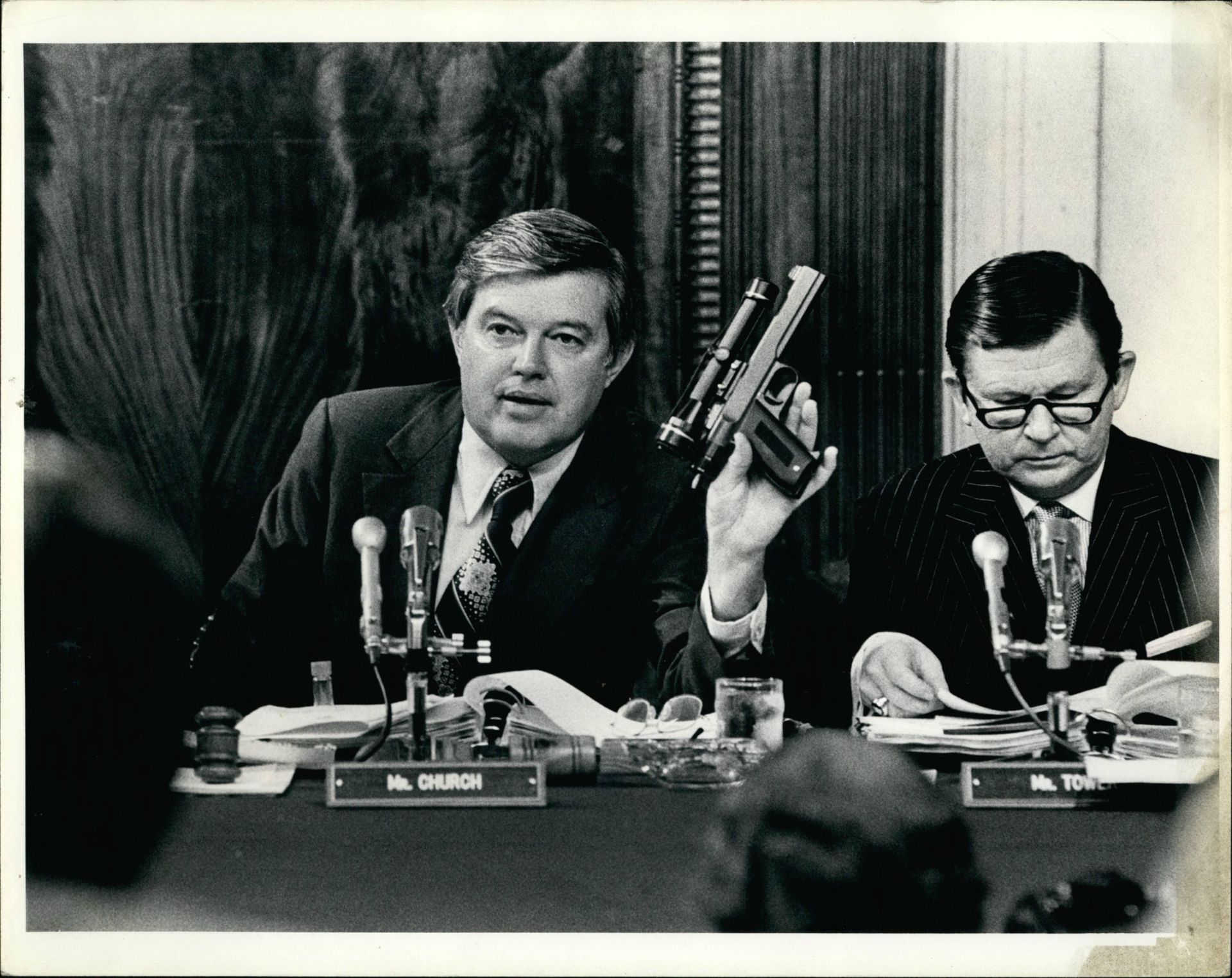Listen to this story
Over the summer, as Republicans appeared poised to retake control of the U.S. House of Representatives, a right-wing interest group called the Center for Renewing America released a report with a provocative declaration: “A Partisan, Weaponized FBI Must Be Broken Up.”
The report read like a wish list of what the Republican Party would do if it returned to power — from slashing the bureau’s budget to pressuring the president to fire its director. But the starting point would be a special investigation, modeled after the strongest challenge the FBI has ever faced: the investigative committee led by Sen. Frank Church in the 1970s.
This caught my attention, and not just because I’ve spent decades as a scholar of the FBI and the U.S. intelligence community. I was the senior aide to Church during his momentous probe, helping to uncover a culture of lawlessness at the bureau and interviewing some of its worst perpetrators under oath. The public hearings penetrated the secrecy that had allowed the FBI and other government agencies to spy on Americans and violate their rights, sparking new laws and major reforms. I understand how the power of such a committee can be used for good. Create a free account to continue reading Already a New Lines member? Log in here Create an account to access exclusive content.



